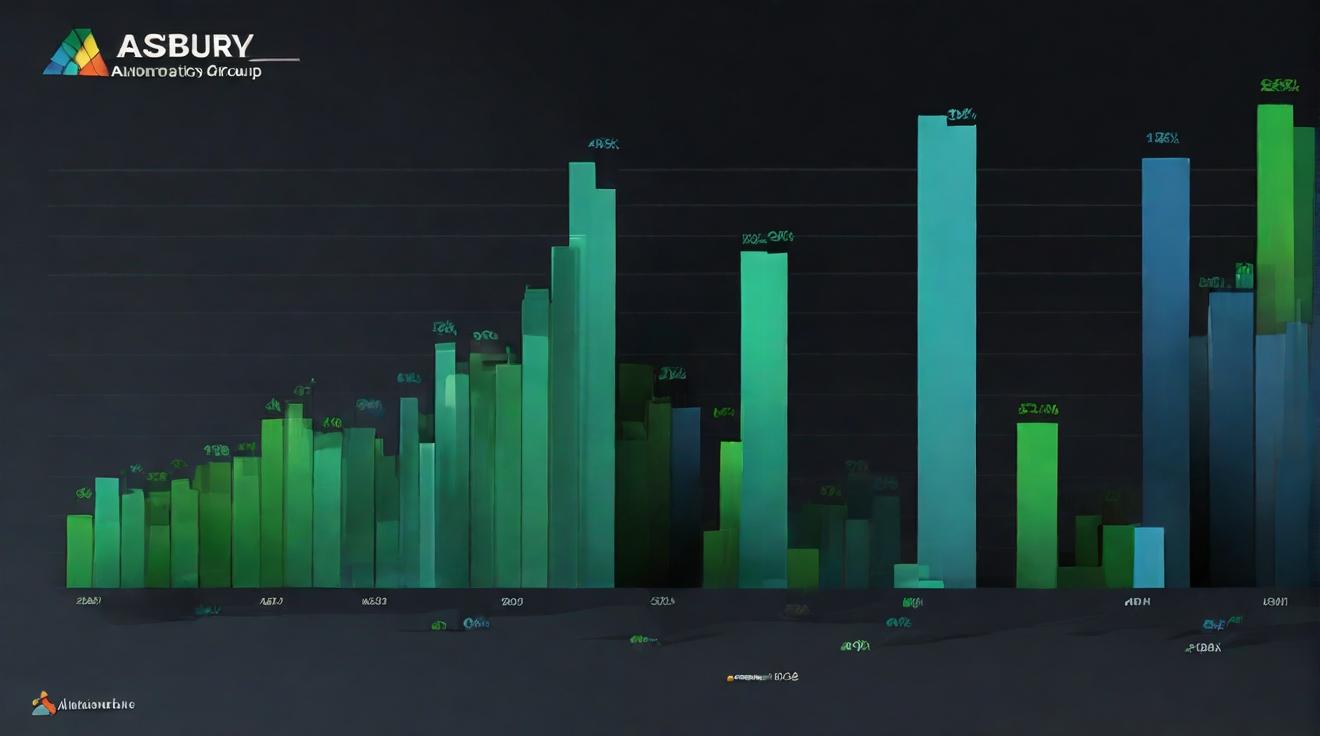Apple’s Decision to Allow Alternative Payment Systems Marks Shift in App Store Control
In a significant development following a protracted legal battle with Epic Games, Apple has announced its decision to allow iPhone app developers to use alternative payment systems. This decision marks a shift in Apple’s control over the App Store and could have significant implications for the broader landscape of app development and distribution.
Supreme Court’s Decision Affirms Apple’s Control Over App Store Fees
The breakthrough comes after the US Supreme Court declined to hear appeals from both Apple and Epic Games, effectively affirming a lower court ruling that favored Apple. This ruling solidifies Apple’s control over the App Store and its ability to charge fees on all financial transactions within the platform.
Epic Games Legal Battle Highlights Tension Over App Store Fees and Monopoly Practices
Epic Games initiated the legal dispute in 2020, aiming to challenge Apple’s control over the App Store and its alleged monopoly practices. Central to the controversy was Apple’s practice of charging up to 30% on all financial transactions within its app store, leading to accusations of an unjust “tax” on companies utilizing the platform. While the federal court largely rejected Epic’s lawsuit, it did concede that apps could inform users of alternative payment methods outside of Apple’s ecosystem.
Dissatisfaction Over Apple’s Proposed Compliance with External Payment Systems
Apple’s plan to comply with the lower court’s ruling permits developers to use external payment systems through buttons or links within apps. However, Apple will still levy a 27% fee on transactions made using payment systems other than its own. This has led to dissatisfaction from Epic Games CEO Tim Sweeney, who has labeled Apple’s proposed compliance as “bad-faith” and argues that the imposed fee stifles price competition.
Resolution of Legal Battle Sets Precedent for App Store Dynamics and App Development
The resolution of this legal battle sets a precedent for app store dynamics and the relationship between tech giants and app developers. Apple’s concession to allow alternative payment systems reflects a shift in its traditionally stringent control over the App Store. This could signal potential changes in the broader landscape of app development and distribution.
As the tech industry grapples with issues of antitrust and market dominance, the outcome of this legal battle will have far-reaching implications. It will be interesting to see how other tech giants and app developers respond to this shift in app store control and whether it leads to more competition and innovation in the app ecosystem.
Analyst comment
Positive news:
– Apple’s decision to allow alternative payment systems marks a shift in App Store control, which could lead to more competition and innovation in the app ecosystem.
– The resolution of the legal battle sets a precedent for app store dynamics and the relationship between tech giants and app developers.
Negative news:
– Apple will still levy a 27% fee on transactions made using payment systems other than its own, leading to dissatisfaction from Epic Games CEO Tim Sweeney.
Neutral news:
– The US Supreme Court’s decision affirms Apple’s control over App Store fees, solidifying its ability to charge fees on all financial transactions within the platform.
– The dissatisfaction over Apple’s proposed compliance with external payment systems and the tension over app store fees and monopoly practices are highlighted.
As an analyst, it is expected that the market will respond positively to Apple’s decision to allow alternative payment systems, leading to more competition and innovation in the app ecosystem. However, the imposed fee on transactions made using external payment systems may continue to create dissatisfaction among developers and potentially hinder price competition.













